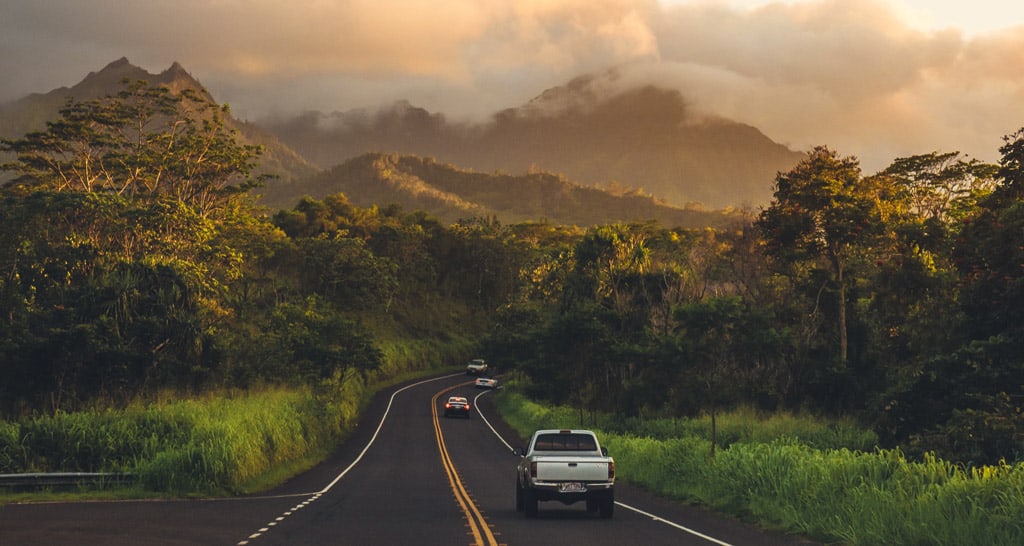The COVID-19 pandemic has had a significant impact on many aspects of our lives, including the real estate market. As people were forced to stay home and adapt to new ways of living and working, the demand for vacant land shifted. More people started to look for off-grid properties, and the market for such properties has increased dramatically.
Why Off-Grid Properties?
Off-grid properties are those that are not connected to the public utility grid, such as water, electricity, or sewage. These properties require homeowners to rely on alternative sources of power and water, such as solar panels, wind turbines, and wells. The pandemic has made many people realize the importance of being self-sufficient and independent, and off-grid properties provide an ideal solution.
One of the primary reasons why more people are looking for off-grid properties is that the pandemic has highlighted the fragility of our infrastructure. Many people have been struggling with power outages, water shortages, and other issues related to public utilities. By purchasing an off-grid property, they can become more self-sufficient and avoid these problems in the future.
The Advantages of Off-Grid Living
There are many advantages to living off the grid, especially during a pandemic. For one, it allows people to be more self-sufficient and independent, which can be essential during times of crisis. It also provides a sense of freedom and a closer connection to nature, which can be beneficial for mental health and well-being.
Off-grid living also allows people to reduce their carbon footprint and live a more sustainable lifestyle. By relying on alternative energy sources and being more mindful of their water usage, off-grid homeowners can significantly reduce their impact on the environment.
The Impact on the Vacant Land Market
The increased demand for off-grid properties has had a significant impact on the vacant land market. Many people are looking for larger plots of land that offer privacy, seclusion, and a closer connection to nature. As a result, the market for rural properties has increased significantly.
Another trend that has emerged is the increasing demand for smaller, more affordable properties. Many people are looking for tiny home or cabin sites that offer a simpler, more sustainable lifestyle. This trend has led to a surge in demand for properties under an acre in size, which were previously overlooked.
Conclusion
The COVID-19 pandemic has had a significant impact on the vacant land market, and more people are now looking for off-grid properties. The pandemic has highlighted the importance of self-sufficiency and independence, and off-grid living provides an ideal solution. As a result, the market for rural and off-grid properties has increased significantly, and many people are now looking for smaller, more affordable properties. If you’re considering purchasing vacant land, now is an excellent time to explore the off-grid market and see if it’s the right fit for you.

